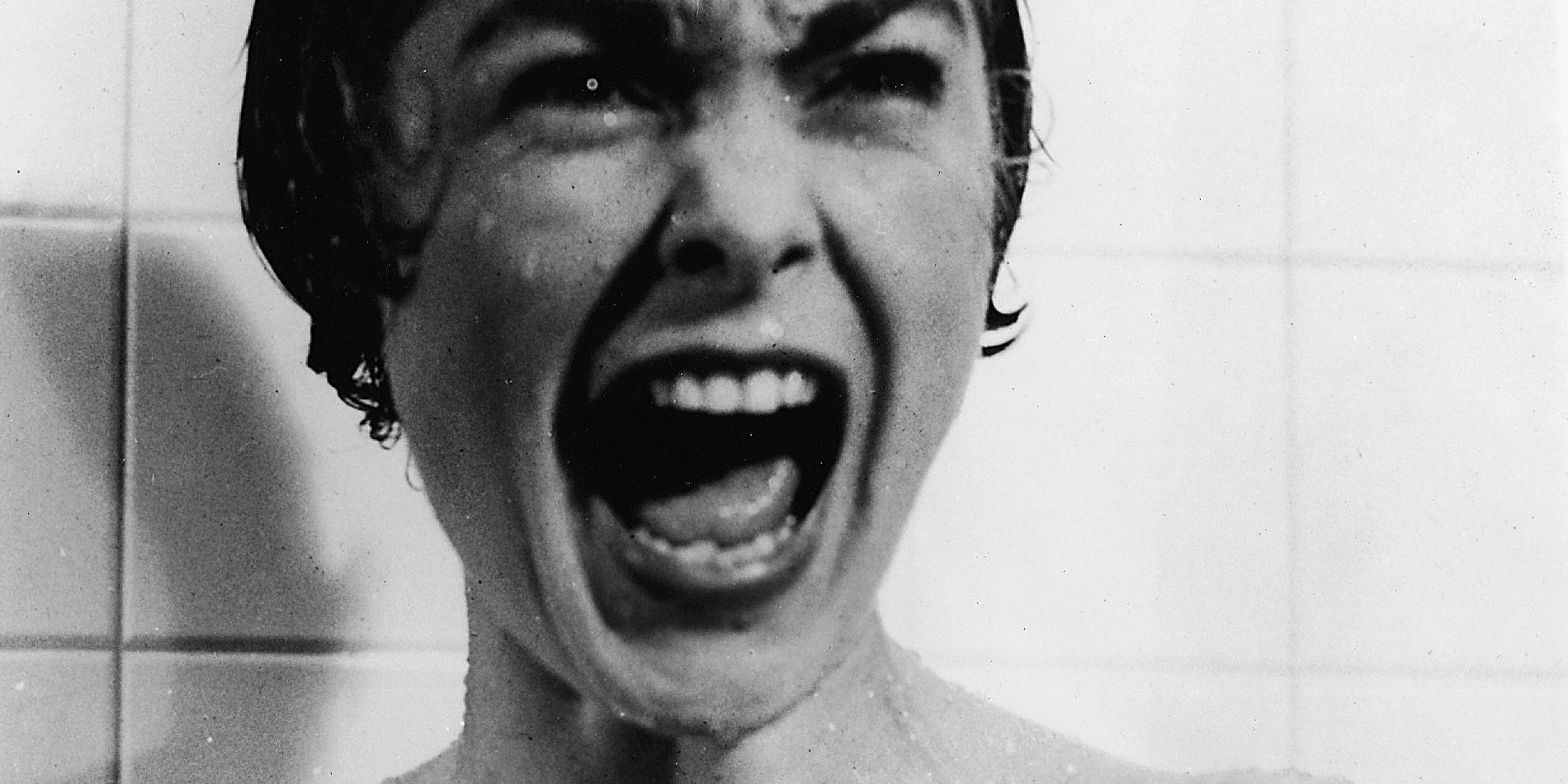Alfred Hitchcock’s Psycho will forever be a classic in both horror and non-horror fans’ minds. We can thank Psycho for the first “scream queen” (Janet Leigh), being one of the first horror films to have the main character get murdered unexpectedly, and of course, the infamous shower scene. Most people give Hitchcock all the credit for the film (which he does deserve a lot of it); many don’t know that Psycho is based on a book of the same name written by Robert Bloch.
The reason many don’t know that Psycho was a book first is thanks to Hitchcock himself. When he bought the rights to the novel, he also bought as many books as possible. This way, future audiences would not read it and spoil the ending for themselves and others. Along with this, screenwriter Joseph Stefano took all the credit for the “original” screenplay, even though the film is almost identical to the novel (yes, even the shower scene exists). Because of this, author Bloch never got the recognition he deserves. Regarding marketing, though, Alfred Hitchcock did a pretty amazing job making the film both a surprise and a frightening experience for viewers.
Many consider The Blair Witch Project the beginning of horror marketing; (ex: labeling actors as “missing- presumed dead, saying the film is actual found footage), but this strategy was used over 40 years earlier with Psycho. The beginning of Hitchcock’s marketing strategy began when Executives at Paramount wouldn’t finance the film. Because of this, Hitchcock invested $800,000 by himself, which also gave him more creative control with the marketing and widespread use of the film.
The first train of action for Hitchcock was getting the actors. Hiring household names such as Janet Leigh was a significant way that Hitchcock promoted the film, hoping to garner more viewers. In the 1960s, horror films were considered B-films, so getting A-list actors compelled more people to check out the movie.
After casting the film, the promotion came along. When marketing the film, Hitchcock treated the film as truth. While watching the original 1960 trailer, one can see Alfred Hitchcock standing in front of the now infamous Bates Motel, stating the “reality” of the motel. There is never mention of it being based on a book or even as a fictional film. He treats the film as a real story. The point of the trailer is to terrify audiences and make them want to watch the film at the same time. Hitchcock takes the audience on a tour of both the motel and Norman Bates’ mother’s house: creaky stairs, dark shadows, spooky noises.
Nowadays, most “true story” films overuse this trope, trying to scare audiences into thinking the film is a fact. With modern viewers, most don’t buy into it anymore, but in the 1960s, it was a fresh take, and without the use of the internet, it was easier to do. People didn’t have easy access to find out if there was a book; their only way was to find the book at the store themselves, which Hitchcock had already got rid of.
Aside from hiding the ending from future audiences, Hitchcock also refused to give the ending away to the cast and crew. While filming the movie, Hitchcock kept the ending a secret from everyone, withholding it from Anthony Perkins and Janet Leigh; critics and studio executives weren’t even allowed to see the film before it was released like usual. He wanted to keep the real story behind the film a secret.
When Psycho was released is when Hitchcock really went all out with its marketing. He created a “real” manual for the audience, warning them of possible health issues such as a heart attack from watching the film. While viewing the film, real nurses were even hired to stay outside the theater to “help” those who experienced heart attacks or other health problems.
When Psycho was released, the secrecy didn’t stop. If you were to enter the movie theater to see the film, you weren’t allowed to leave, and if you were even five minutes late, you weren’t allowed in at all. Hitchcock believed the ending wouldn’t be as much of a shock if you walked in even 10 minutes late. Theaters even had to change how they sold tickets; Police were working at some to enforce these rules and encouraged the audience not to spoil the ending for family and friends. As these rules were happening, Hitchcock’s voice was heard over the loudspeaker, repeating the sentence: “This, of course, is to help you enjoy Psycho more. We really have only your enjoyment in mind”.
Once the film was out, it was an instant horror success. Screenwriter Stefano was praised for his original script, and he didn’t deny it. Bernard Herrmann’s music still lives on today in people’s minds. Alfred Hitchcock's iconic film still scares audiences today.
In the end, although the marketing was way ahead of its time, and Hitchcock did a very successful job with it, it is unfortunate that most people don’t know the truth behind Psycho. Robert Bloch deserved more insight on the film and credit. Thankfully, with the rise of the internet over the years, more people are aware of Bloch’s novel, but it is upsetting that it didn’t occur until long after his death in 1994.


